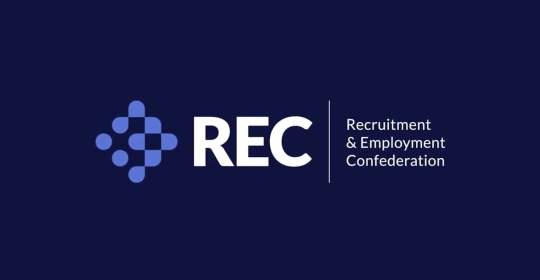The brief, if not amended, will have a significant impact on licence holders who use a contract for services for their workers.
The GLAA briefing note, called GLAA Brief 82 - Holiday Pay and Holiday Accrual, and published on 3 November, has been written following the Supreme Court decision of Harpur v Brazel, which was handed down in July 2022.
The briefing note expresses GLAA’s concern with an “increasing reliance” on contract for services arrangements. Separately, the GLAA has contacted the REC directly and suggested that the REC’s contract for services, which provides for there being no contract between assignments, will not be compatible with their Licensing Standards in the future – but there will be an “amnesty” until spring 2024 before they enforce this.
The REC dispute this interpretation of the Harpur Trust case in the strongest terms.
In a letter to the GLAA, Neil Carberry, Chief Executive for the REC, said:
“Using this judgment to reach the conclusions presented in your letter represents GLAA making employment law, which is not your role. It is a huge shift from the original scope of the ruling.
“Our view – supported by our own solicitors and widely-held in the employment law community – is that the Harpur Trust v Brazel case made no finding whatsoever on overarching contracts linking different contracts for services. There was no dispute in Harpur Trust regarding whether the claimant was employed all year round. The claimant was a part-year employee, which is very different from a contract for services worker.
“The REC supports the GLAA’s position that all licence holders must always calculate holiday pay correctly, in line with the statutory requirements. However, we are adamant that the decision in Harpur v Brazel did not dispute her employment status and the fact that she was employed all year round.”
The REC is working with stakeholders including the ALP to seek an urgent meeting with GLAA to understand the legal basis for Brief 82 and to find a workable solution for REC members, and all agencies.
For now, the GLAA have included an ‘amnesty’ which will run until 5 April 2024 to accommodate their updated position. They state that:
‘During this period of amnesty no new applicants, and no existing licence holders who undergo a compliance inspection, will be deemed to have failed Licensing Standard 2.5 if the systems, processes and methods they have in place for calculating workers’ annual leave entitlement and holiday pay are not compliant with the law as outlined in this guidance.’







